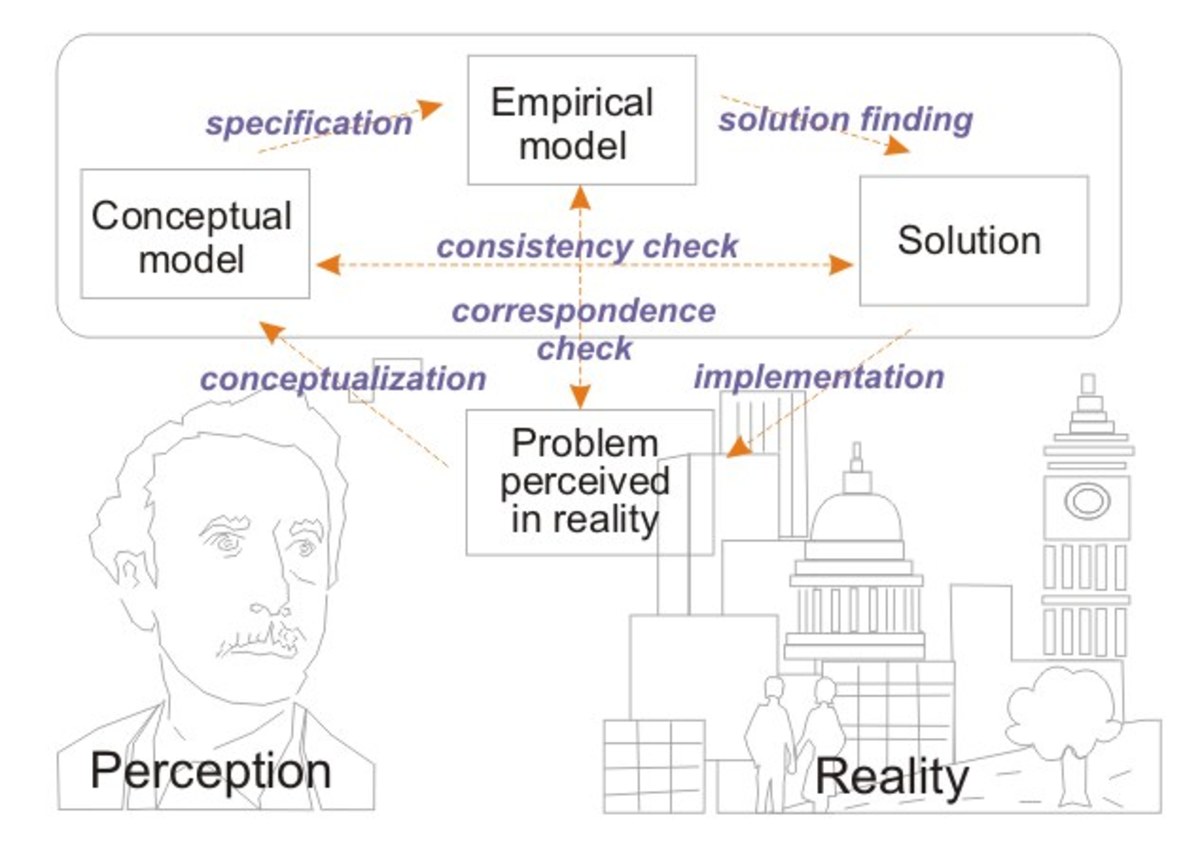Do You Provide Data or Information?

In my many years as a senior manager and military officer, I’ve observed many traits in the people who work for me. One of the most common things I’ve seen are those people who constantly come back to me to give me progress updates on what I assigned them. I’m not saying progress updates are bad, but the updates I get every day on data points instead of real progress made just indicates to me that the person either isn’t confident in their ability to carry out the assigned task, or doesn’t have the ability to carry out the assigned task and is masking it by providing useless data points.
I’ll give an example; I assigned my operations manager to develop a slideshow presentation showing our production growth for the current year. I told him what I want it to show, the key points and that I need it by next Monday (a week away), so I can review it. During the week, he comes to me several times with comments like “I have the template built for the slideshow”, and “I’m getting the data from the sales offices” and so on. Monday rolls around, and about noon, I ask him when can I expect to see the slideshow? He responds by asking me for more time, that there was certain data he wasn’t able to get, and that it isn’t finished yet. I told him to give me what he has, I’ll review the incomplete work so I can at least get any editing/corrections complete. He eventually emails me the presentation, and it’s barely started, nowhere near complete.
The above example is all too common in work situations. I know when I was young, I did the same thing, but I realized early that to make my boss happy, I had to think like he did. I had to picture what he wanted and what he was going to use it for; not the minimum I could provide him to keep him off my back. Once I started understanding the big picture, or what the desired end state was, I provided my boss a completed project with alternate options for him to choose.
The key points for updating your boss (I reference a male boss for ease of writing, but this is universally applicable):
Find out the desired final result of the project
Many people are very happy working for each assignment in front of their face. While these are important, they probably are one objective of many that the boss needs; ask what it’s for and what impact your contribution will make. This will give you an idea of what your boss needs, so you can start thinking like him and truly understanding what he needs and wants.
Ask for more information if you don’t understand
I can’t count the number of times where I gave (or thought I did) very explicit instructions for a project, and everybody understood the parameters, or so I thought. When it was time for the project to be delivered, it had only a few of the requirements I needed, and I would get upset that my employees couldn’t get it right. If they had asked about specifics in the beginning, I certainly would have clarified. The problem was that they were afraid that if they asked for further instructions or help, they would be perceived as incompetent.
Give an accurate completion date and if you know you can’t make it, ask for an extension as soon as you know you need more time
I’m guilty of this as are many people; we are so focused on pleasing our boss and telling him what he wants to hear that we lose track of what we can do. In any business there are a multitude of conflicting priorities, and your manager may not know what is critical for you, so you have to be upfront and realistic. Understand though, you may say that you need more time and told that you don't have more time. If you are told this, it is up to you to ask your boss what his priorities are, and what may be sacrificed due to the lack of time. Don't just not complete something and assume it'll be fine, because it won't.
If you get an unrealistic assignment, say so.
We are all subject to the whims of our boss and sometimes they ask for something unrealistic. If this happens, ask what the priorities are, so if something needs to be sacrificed, you know what is important to him. This is related to asking for clarification. Sometimes the boss doesn’t know what’s feasible or realistic; he is going by what he needs and when he needs it. If something can’t be done, you have to tell him. There’s a caveat though; you have to also tell him what you can do. I know that as a boss, I oftentimes heard what someone can’t do, but rarely heard what they can. Don’t be the one with problems and no solutions.
Provide solutions and not more problems
This is a whole other topic, but essentially when you run across a problem that causes you to stop your progress, the natural reaction is to go to your supervisor and say that you can’t finish because of X. What you’ve effectively done is to shift the burden of work onto your boss. I’ve seen many people accept this as a perfectly reasonable approach—since my employee can’t fix it, I guess I have to since it needs to be done.
Perhaps you solve the immediate problem if you have a boss who accepts the idea of completing your work for you; however, from experience I can tell you that working harder because a staff member doesn’t want to doesn’t last very long. That person’s credibility and ability for problem solving is also drastically reduced as well.
As an employee who is tasked with solving the issue, you suggest at least 3 alternative ways of handling the problem... these would be ways that you could potentially solve the problem if you were the one in charge. Additionally, with each of these way, you want to summarize the pro’s and con’s of each, so all your boss has to do is make a decision on his needs. As a boss, if an employee brought me a problem and asked what I should do about it, I would generally say that it is a problem, and I wonder how he’s going to fix it. I get almost offended when a person can’t think for themselves or offer viable alternative suggestions; if I have to come up with solutions to your problems, why should I keep paying you?
At the end of the day, the person who understands the big picture and adds value to a boss and organization is the one who is valued and advanced to the next levels. If you want that success, remember to provide information and not just data.






